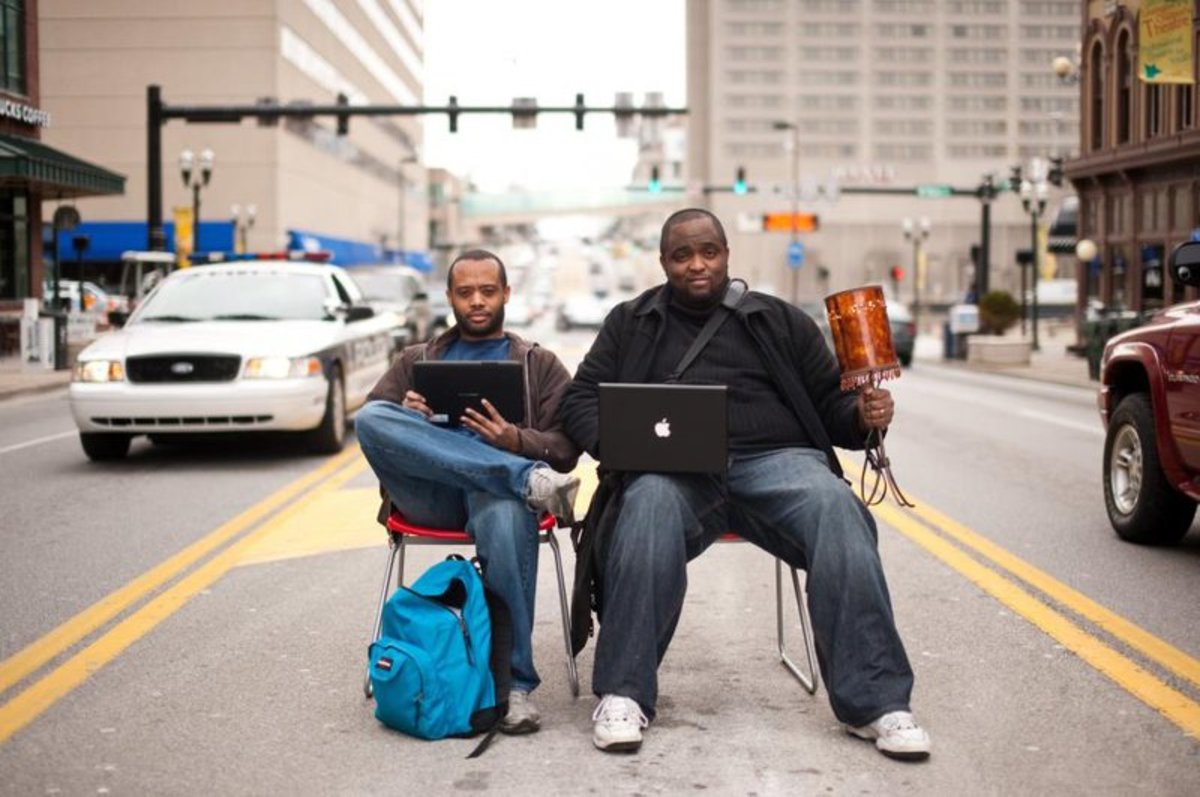Thought Bitcoin was a currency? Think again…
Definitions are useful. They help us understand what we are talking about and by being specific and precise we can understand more about our actions and our behaviour. So let’s look at Bitcoin and find out what Bitcoin really is.
Is Bitcoin a currency?
No. The general definition of a currency is that it is a unit of accepted value that facilitates exchange. Many argue that because Bitcoin can be used to make payments, it is a currency – however, stating a price in Bitcoin is largely meaningless, because the value changes so dramatically. Most merchants who use Bitcoin state the price in fiat currency but allow consumers to buy with Bitcoin, and many merchants convert the money straight back into fiat to protect against loses. This isn’t a currency because it does not reliably store value. This is a PR gimmick. Bitcoin is hi-tech barter. And is little different to agreeing to swap shares.
Another property of currency is that it is an element of state sovereignty. In other words, currency is an instrument of government policy, controlled and regulated by government. Proponents of the cryptocurrency boast that one of Bitcoin’s key advantages is that it is independent of state control. It has a set rate of inflation, there is no meddling with it’s value, no central bank, and no-one keeping tabs on where you are spending your bitcoins – this means Bitcoin isn’t money, just as Facebook credits aren’t money. For Bitcoin to be a real currency the whole concept of what money is needs to change. This revolution hasn’t happened yet.
Is Bitcoin an investment?
The focus of many people in the Bitcoin community on the price of Bitcoin is reminiscent to the way people check the prices daily for their stocks and shares. If Bitcoin is anything, it’s got to be an investment. But is it? Watching the price of Bitcoin climb higher and higher, it feels like you are investing in something real – an idea, a movement, possibly a financial revolution. What if it’s just a bubble? At the end of the day, Bitcoin only remains valuable as long as people are prepared to put money in it. At the moment people believe in Bitcoin, they believe in the prospect of a different world, one where currency is stable, where bank transfers are practically free and where the government can’t meddle. But it is only faith which is keeping the currency alive. If something happens to the cryptocurrency, it is valueless. It doesn’t represent anything of intrinsic value.
People argue that Bitcoin is like gold, but gold is a material item with intrinsic value – it is used to make jewellery, it is also used in most electronic products, and there are a lot of those these days. Gold does have a value which is driven by its actual productive and manufacturing use.
Similarly, if you invest in company shares, you are putting money into material goods, labour hours and products. If the company goes bankrupt, you at least have a right to the company’s assets. What happens if suddenly the money falls out of the Bitcoin market? The currency itself has no base value and you are left with nothing. The movement which we see on the Bitcoin market reflects speculation – and is not something that any serious economist (for a critique of cryptocurrencies just check out Professor Justin Wolfers) is going to invest in, although plenty of day-traders are happy to use the constant fluctuations as a way of making a quick buck.
Technology
It begs the question, if Bitcoin is neither a currency nor a long term investment why are so many businesses getting in on the cryptocurrency? The key behind Bitcoin’s remarkable success is that the technology excites people. Bitcoin is a payment technology which offers huge potential. A cheap and efficient way of transferring money around the globe is essential to improve trade, and enable countries to develop. While Bitcoin as a currency has severe limitations, the technology which is being developed does not only apply to Bitcoin but can be applied to the current financial system. As Cointelegraph reported, major banks are already investigating applying the currency. Furthermore, the technology has far ranging implications as a new way of verifying information. Some of the exciting developments include using it to verify artworks, potentially using it to ensure fair and accurate voting during elections. Consequently, it is fascinating to see the number of tech startups that are making use of the basic premise of the Bitcoin block. This is the way of the future and it is the reason people are so excited about Bitcoin, but let’s not get confused about what we are excited about. It is the technology which is changing the world, the fact that Bitcoin began life as a cryptocurrency is demeaning to what can ultimately be achieved by the technology.
Moot Point
From this point of view, the discussions about Bitcoin price and regulation become small issues of time and are largely irrelevant. Yes, it would be nice if regulatory bodies gave some more guidelines about using Bitcoin, or made the regulations more user friendly. However, as Bitcoin is a proto-type it would be remarkable if the cryptocurrency survives the test of time. However, it has already served its purpose in establishing a new sphere of computer science which may well having a lasting impact on how society operates and will hopefully lead to a fairer and more just system.











